Do you feel starved for human touch? Do you feel low and empty without non-sexual physical human contact? You might be experiencing touch starvation, also known as skin hunger.
What is skin hunger?
Skin hunger or touch deprivation is the unfulfilled desire or need for physical touch in a non-intimate manner. Just like we need oxygen, water and food to survive, we also have a neurological need for physical contact. When someone is deprived of physical touch from other living beings, they may feel touch starved.

As the skin is “the largest organ in the body”, physical touch is crucial for our overall well-being. Most of us have been touch starved at some point in our lives as we have often longed to be hugged to feel an emotional connection or for emotional support when we feel low. Touch starvation can be a severely negative experience and it can affect our physical and mental health as touch is a basic form of communication for humans. In fact, studies show that touch deprivation can lead to –
- Stress
- Depression
- Loneliness
- Alexithymia
- Fearful avoidant attachment style
- Personality disorders
- Anxiety and mood disorders
- Secondary immune disorders
Skin hunger can be experienced by anyone for any reason, especially by individuals who are deprived of positive physical touch and contact. Unfortunately, skin hunger in the elderly can be a serious issue when left unaddressed.
Related: How A Lack of Gentle Platonic Touch in Men’s Life Is Destroying Them
Are you touch starved?
Are you starving for some comforting physical touch? Let us a take a look at some of the most common signs you’re touch starved –
- Intense feeling of social isolation and loneliness
- Feeling a lack of affection
- High levels of chronic stress
- Persistent anxiety
- Feelings of depression
- Relationship dissatisfaction
- Avoiding secure attachments with loved ones, family and friends
- Fatigue and exhaustion
- Reduced life satisfaction
- Difficulty sleeping
- Feeling under-appreciated
- Adopting unhealthy coping mechanisms with alcohol or drugs

Someone experiencing skin hunger can also try to imitate the feeling of physical touch by –
- Hugging or cuddling with a pillow or cushion
- Getting wrapped up in blankets to stay warm even when it’s not cold outside
- Taking unreasonably long, hot baths or showers
- Being clingy towards a pet and holding on to them for too long
Can you identify with some or all of these symptoms of skin hunger? If yes, then you may be deprived of physical human contact.
Effects of skin hunger
While we may not be aware of our skin hunger when we have healthy relationships with our family, friends and loved ones, we will surely notice being touch starved when our desire for physical touch is not met properly. This can feel a lot like starving for food as your body and mind may react differently when you are “hungry” for some human contact.
Related: 9 Different Types of Hugs And What Each Reveals About Your Relationship
When deprived of physical contact, you can feel –
- Ill
- Restless
- Stressed
- Depressed
- Anxious
- Listless
- Lonely
Chronic stress can boost the production of the stress hormone cortisol which can result in increased respiration rate, blood pressure, heart rate and muscle tension. It can even negatively impact your digestive and immune systems. Skin hunger or touch starvation can also lead to –
- Asthma
- Diabetes
- Increased risk of infections
- Poor quality of sleep
- Post-traumatic stress disorder (PTSD)
- Other medical conditions
A lack of physical contact and stimulation can reduce the production of oxytocin (the love hormone) which can affect our ability to be optimistic and feel happy. A lack of oxytocin can result in more stress and negatively affect our overall wellbeing.
Why physical contact is important
Why do humans crave touch? Human physical touch plays a vital role in improving our physical, emotional and mental health. Studies show that stimulating physical touch can help to calm specific functions in the body such as blood pressure and heart rate.
Interpersonal touch can also help to build close positive relationships by stimulating the release of the love hormone oxytocin, the pleasure hormone dopamine and the feel-good hormone serotonin. This is why touch deprivation can lead to skin hunger.

One 2015 study explains that social touching strengthens emotional bonds between humans as it is “a powerful tool for communicating positive emotions.” It can also influence –
- Physiological responses
- Emotional reactions
- Thought processes
- Effective communication
- Decision-making
- Learning
Affective touch also helps us to deal with loneliness and reduce feelings of social exclusion. Human physical touch can help us feel calm and comforted when we are upset, distressed, angry, frustrated, annoyed or in pain. Researchers have observed that hugging, embracing or patting someone can help them feel supported and can have a soothing effect on a distressed person. It can also help in overcoming infections. The researchers add that more frequent hugs can result in less severe illness signs.
When you are touched positively, whether it’s intimate or non-intimate, oxytocin is released by the brain which improves our social behavior and bonding. This can help to counter the effects of the stress hormone cortisol released when we are under stress or pressure.
Related: 5 Reasons Human Touch Is Essential For You
How to deal with skin hunger
If you are experiencing skin hunger, then there are certain steps that you can take to relieve the symptoms and overcome touch starvation. Here are some helpful ways to deal with skin hunger in adults-
1. Reach out to a trusted loved one
Talk to someone you trust openly and honestly about your feelings and about your life in general to boost social and emotional connections. This can help you realize that you are not alone and there are people who care about you.
2. Stay connected with friends and family online
While skin hunger needs the physical touch to be satiated, staying connected with others through calls, texts, video chats, social media and other digital platforms can also help to cope with the symptoms. Seeing and interacting with loved ones and even new friends online can make you feel more emotionally connected, less lonely and reduce your skin hunger.

3. Be physically active
Studies have found that being physically active and exercising regularly can help to improve your overall wellbeing and reduce loneliness. “Physical activity could serve as an intervention to reduce loneliness and social isolation,” explains a 2022 study.
So make sure to go to the gym, workout at home, practice yoga or simply go for a walk outside every day as it can increase the release of oxytocin and make you feel happier even when you don’t have any physical contact with others. You can also try singing and dancing as an alternative approach.
You can enroll in an online exercise class as it will allow you to stay physically active while interacting with others. This can make you feel less lonely, reduce stress, anxiety and depression & improve your sleep.
Related: 10 Benefits Of Holding Hands With Someone You Love, According To Science
4. Give yourself a mindful massage
While you may experience non-intimate physical contact throughout your day, you may still be down with skin hunger. With our busy schedules, we can rarely feel the affection or love in our daily physical contact with our family, friends and coworkers. This is why we need to be more mindful about seeking comfort on our own.
Try to give yourself a massage – on your forehead, scalp, face, hands, shoulders, legs – anywhere you feel comfortable with. However, make sure to be conscious about how the gentle touch of your hands feels on your own body and how it makes you feel. Studies have found that vagus nerve stimulation can help in reducing stress, depression and heart disease, apart from satiating your need for human touch.
5. Wrap yourself in a blanket
You can feel warm and comforted by simply being under a blanket. Being wrapped in your favorite blanket can help to create a comforting sensation which can make you feel calm and relaxed when struggling with skin hunger or touch starvation.
Using a weighted blanket can be even more helpful in making you experience peace and calmness. Studies have found that weighted blankets reduce anxiety and insomnia, increase well-being and help make you feel calmer.
6. Seek help
If your symptoms of skin hunger persist for over two weeks and impairs your ability to function normally in daily life, then you should seek professional help. Consulting a therapist, whether in person or online, can be beneficial and help you overcome any psychological issues you may be facing due to skin hunger.
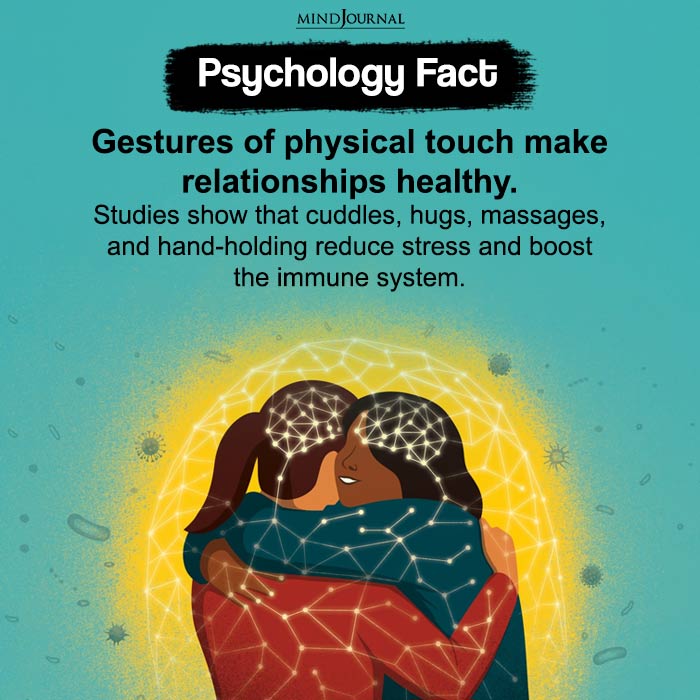
Here are some other ways of dealing with skin hunger and improving your mental and emotional health –
- Take long, hot showers to stimulate your skin and relax
- Try gardening using your bare hands
- Practice body scanning as a mindfulness practice
- Follow a healthy, nutritious diet
- Avoid drugs and alcohol
- Practice self-care and build good habits
- Interact with neighbors, coworkers, friends and family regularly
- Enjoy some outdoor group activities
- Play with a pet or visit your local animal shelter to spend time with animals
- Stay in regular contact with your loved ones
These strategies can help in coping with skin hunger and improving your mental and emotional wellbeing.
Related: 11 Amazing Health Benefits of Cuddling: Why You Should Cuddle more
Feed your skin hunger
What do we do when we feel hungry for food?
What do we do when we feel starved?
We eat.
Right?
The same goes for skin hunger. When you experience touch starvation, the best thing to do is talk to loved ones and give them an affectionate hug. In case that is not possible for some reason, you start by giving yourself a hug. According to a 2021 study, “When touch from others is unavailable, feels uncomfortable, or is not considered to be safe, self-touch gestures, like placing a hand on the heart, may provide an alternative way to experience less strain.”
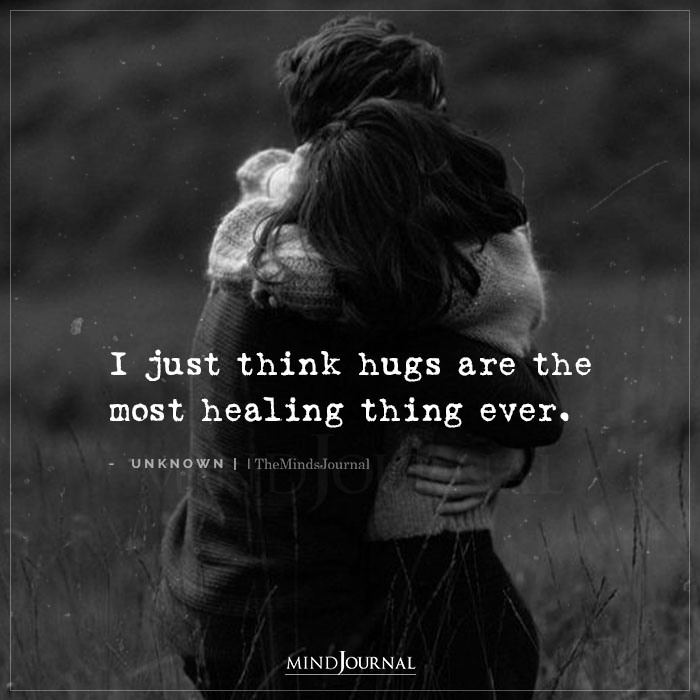
You can also try the coping strategies mentioned above as it is crucial that you nourish your senses and address your skin hunger in a positive way. And if nothing else seems to work, seek professional help to build a better and healthier life for yourself.
Related: 10 Things To Remember When Your Partner’s Love Language Is ‘Touch’
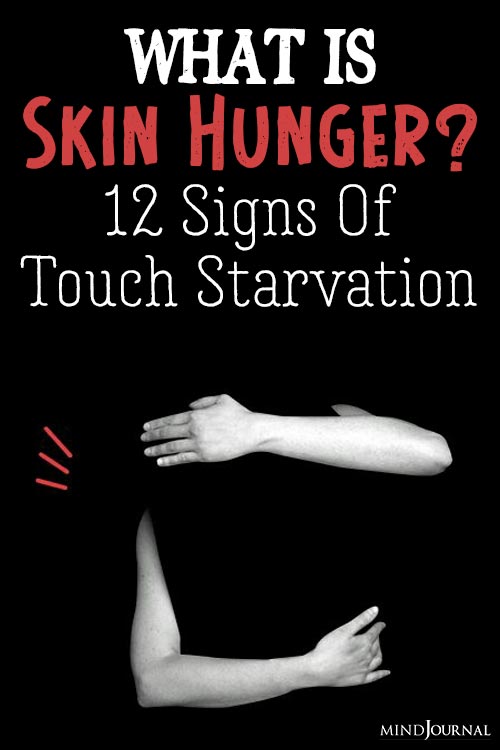
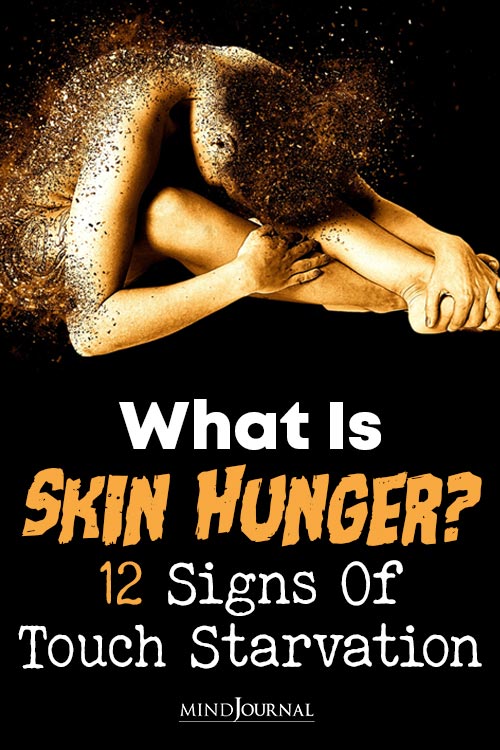
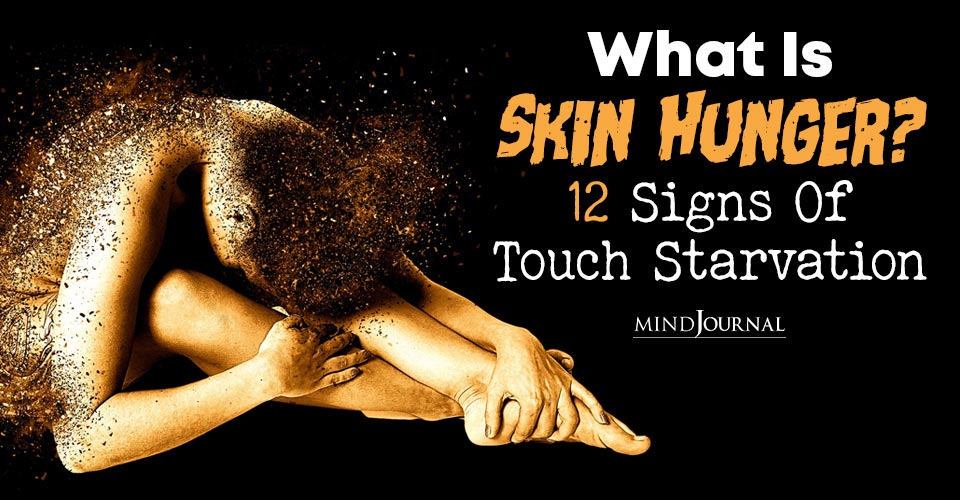








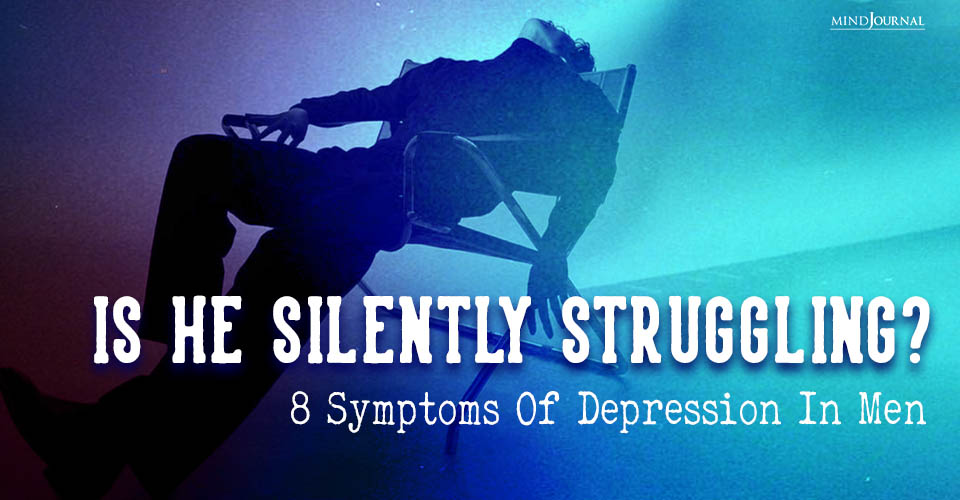




Leave a Reply
You must be logged in to post a comment.